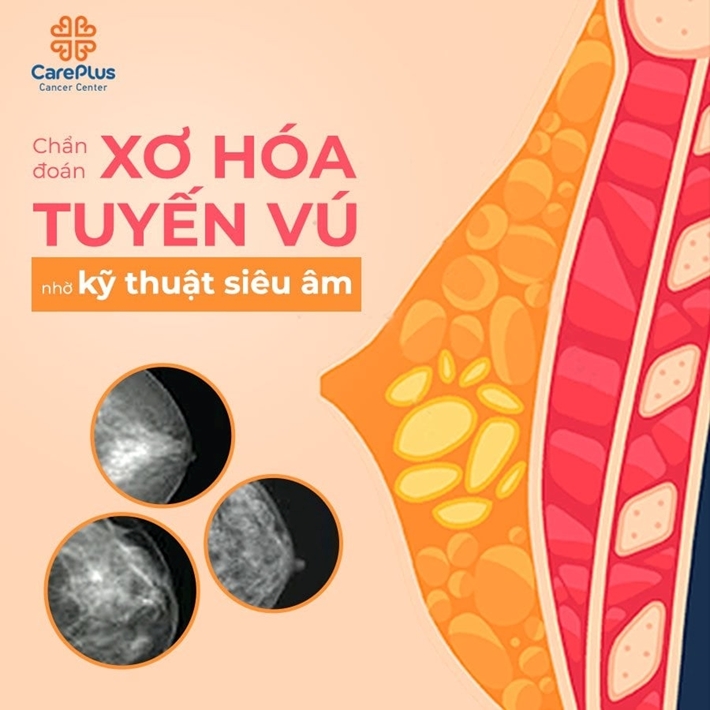How to diagnose cystic breast disease?

7/14/2021 4:36:25 PM
Cystic fibrosis of the breast occurs due to changes in the fibres of the mammary gland, changes in female hormones that affect breast tissue. It is a benign form of breast lesion and is very common in women. Medical professionals do not consider cystic fibrosis to be a disease. Breast changes that are classified as cystic fibrosis are considered normal.
Not everyone with cystic fibrosis has symptoms. Some women experience breast pain, tightness, and lumps, especially in the upper outer breast. Breast symptoms are often most bothersome right before menstruation.
Signs and symptoms of cystic fibrosis may include:
- Breast pain or tenderness
- Breast lumps change in size with the menstrual cycle
Green or dark brown nipple discharge with no blood tends to leak without pressure or squeezing.
- Both breasts have the same changes
- Breast pain or lumps that increase monthly from mid-cycle (ovulation) to just before the period
🎗cystic fibrocystic breast changes occur most often in women between the ages of 20 and 50. Rarely do postmenopausal women experience cystic changes in the breast unless they are on hormone therapy.
To accurately diagnose cystic fibrosis, doctors use the following imaging techniques:
- Clinical examination
The doctor directly examines the breast and the lymph nodes located in the lower neck and underarm areas. If you have a medical history and a clinical breast exam shows regular breast changes, you may not need additional testing. If your doctor finds a new lump and suspects changes to your old condition, you may need a mammogram or an ultrasound.
- Mammography
If your doctor finds a breast lump or suspicious lesion, and you are over 40 years old.
- Ultrasound
An ultrasound is often done along with a mammogram to get more definitive confirmation. If you're under 30, you may need an ultrasound instead of a mammogram. Ultrasound assesses a young woman's dense breast tissue better and can also help a doctor distinguish between a fluid-filled cyst and a solid mass.
➡️ What to do when diagnosed with cystic breast cancer?
- Don't worry too much because this is not cancer
- Get more rest, avoid the stress that will make your breasts sorer
Eat healthily and eat foods rich in B vitamins, potassium, and magnesium found in fruits, vegetables, and brown rice.
- Limit or if you avoid alcohol, beer, tobacco, coffee, the better
- Follow your doctor's advice closely. In some cases, pain relievers or hormonal drugs may be used depending on the degree of breast discomfort.